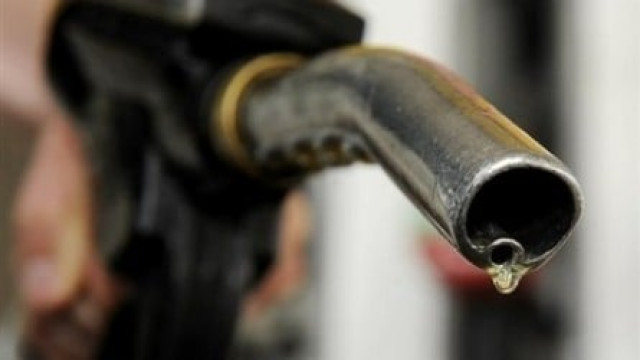Crews lower dome in bid to cap oil leak

Coast Guard Petty Officer Michael De Nyse told AFP the dome designed to contain oil leaking from a ruptured undersea well went into the water after 10:00 pm Thursday (0300 GMT Friday). "It's on its way down," he said "It takes roughly 10 hours to get to the bottom."
The unprecedented operation to place the 90 metric tonne dome over a gushing pipe on the seabed is seen as the best hope in staving off the biggest US environmental disaster since the 1989 Exxon Valdez spill in Alaska. The containment chamber or dome is designed to cap the oil discharge from the Deeowater Horizon oil rig operated by British energy giant BP.
BP officials say they hope to have the dome "operational" by Monday, when a large part of the oil would be funneled up safely to be stored and processed. Residents from Texas to Florida were anxiously awaiting the outcome of the perilous operation as failure would mean the crude will continue to gush for three months until a relief well is drilled, putting the livelihoods of coastal communities at risk.
Flights over the area showed the sheen that marks the advancing edge of the massive slick hovering off the Louisiana coast, as well as heavier oil on both sides of the Chandeleur Islands, about 100 kilometers (60 miles) east of New Orleans. Cleanup crews were dispatched to the string of islands, part of the Breton National Wildlife Refuge created in 1904 by President Theodore Roosevelt.
Jaqui Michel, an oil-spill cleanup expert with the National Oceanic and Atmospheric Administration, said booms were being placed to protect plants from floating oil. The slick arrived a little more than two weeks after the Deepwater Horizon rig explosion, which left 11 workers missing and presumed dead and sent oil gushing into the gulf at a rate of at least 200,000 gallons a day.
Some 10,000 officials and volunteers have fanned out across shorelines and in more than 250 vessels such as oil skimmers to help contain the spill and protect the coast, the US Coast Guard and BP said in a statement.
"I think we have a lot at stake here," Coast Guard Rear Admiral Mary Landry told reporters, adding that while BP was working round the clock to stem the leak, she remained skeptical that the spill impact would be minimal.
"We are still in a posture of worst-case-scenario planning," Landry said. Cleanup is already forecast to be in the billions of dollars. Fears are growing that sea life is already being affected in a region that contains vital spawning grounds for fish, shrimp and crabs, and is a major migratory stop for rare birds.
Louisiana on Thursday ordered an "emergency" halt to shrimp harvesting in waters near the mouth of the Mississippi River where the oil was expected to enter in the coming days, and the state extended a ban on commercial and recreational fishing that had been put in place since April 30.
Even though oil has not yet reached land in a large quantities, experts warned that an environmental disaster was already developing deep beneath the Gulf of Mexico and in its swirling currents. "That surface zone is where the oil is at its most toxic and when the animals are at their most sensitive," Doug Rader, chief ocean scientist at the Environmental Defense Fund, told AFP. "If you're looking at the underside of the spill you can imagine a rain of hydrocarbons and toxic materials coming down piecemeal into waters below and onto the bottom."
If estimates are correct, almost three million gallons of crude have spewed into the sea since the burning platform spectacularly sank on April 22, two days after the initial blast that killed 11 workers.
BP began operations on a relief well Sunday, but the process is expected to take up to three months so the containment dome is seen as the best short-term fix. Two US lawmakers introduced legislation Thursday calling for an independent commission to investigate the causes of the spill.



















COMMENTS
Comments are moderated and generally will be posted if they are on-topic and not abusive.
For more information, please see our Comments FAQ